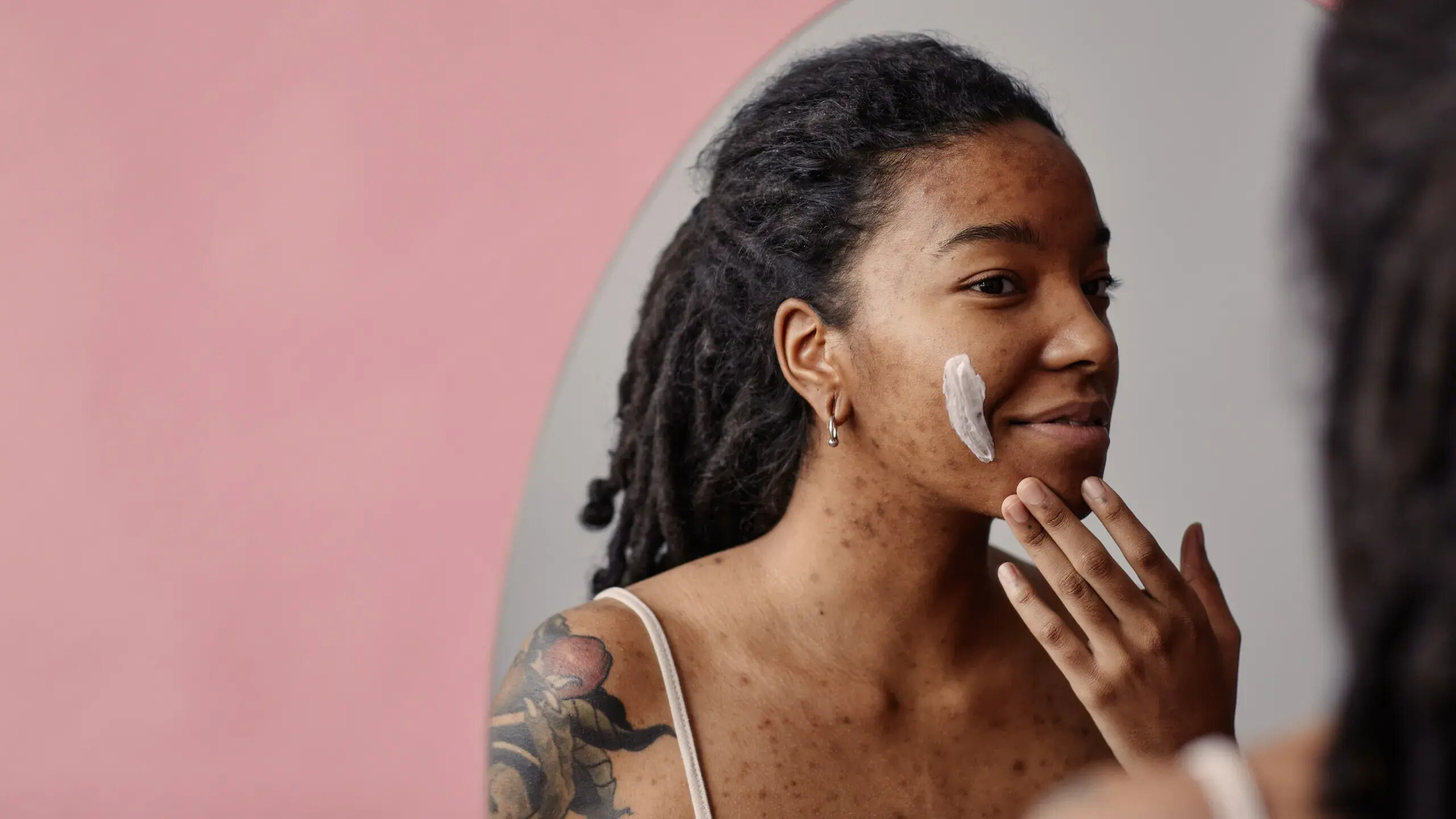
Acne scars can be a frustrating reminder of past breakouts, affecting both appearance and confidence. But what exactly are they, and why do they form? Acne scars result from the skin's healing process after severe acne damages the tissue. When the skin repairs itself, it produces collagen, which can sometimes be too much or too little, leading to different types of scars. These scars can vary in shape, size, and color, making each one unique. Understanding the causes and types of acne scars can help in finding the best treatment options. Ready to learn more? Here are 28 facts about acne scars that might surprise you!
Key Takeaways:
- Acne scars can be prevented by treating acne early, avoiding picking or squeezing pimples, using sunscreen, and maintaining proper skincare. Professional treatments are available to reduce the appearance of scars.
- Acne scars can have a significant impact on mental health, leading to lower self-esteem, social anxiety, and depression. Support groups can provide emotional support and coping strategies for those affected.
What Are Acne Scars?
Acne scars are the marks left behind after severe acne heals. They can be frustrating and affect self-esteem. Here are some interesting facts about acne scars.
-
Acne scars form when the skin tries to repair itself after a breakout. The skin produces collagen, but if too much or too little is produced, a scar forms.
-
There are different types of acne scars. These include atrophic scars (depressed), hypertrophic scars (raised), and keloid scars (overgrown tissue).
-
Atrophic scars are the most common type. They appear as small indentations in the skin and are often caused by severe cystic acne.
-
Hypertrophic scars are less common. These scars are raised and occur when the skin produces too much collagen during healing.
-
Keloid scars can grow larger than the original acne spot. They are raised, thick, and can be itchy or painful.
Causes of Acne Scars
Understanding what causes acne scars can help in prevention and treatment. Here are some key points.
-
Inflammation is a major cause of acne scars. Severe inflammation damages the skin and underlying tissue, leading to scarring.
-
Popping or picking at acne increases the risk of scarring. This can cause further damage and infection, making scars more likely.
-
Genetics play a role in acne scarring. If your parents had acne scars, you might be more prone to them as well.
-
Delayed treatment of acne can lead to scarring. The longer acne remains untreated, the higher the chance of scars forming.
Prevention of Acne Scars
Preventing acne scars is easier than treating them. Here are some effective strategies.
-
Treat acne early to prevent scars. Early intervention can reduce the severity of acne and the risk of scarring.
-
Avoid picking or squeezing pimples. This can prevent additional damage and reduce the risk of scars.
-
Use sunscreen daily. Sun exposure can darken scars and make them more noticeable.
-
Keep your skin clean and moisturized. Proper skincare can help prevent acne and reduce the risk of scarring.
Treatment Options for Acne Scars
There are various treatments available for acne scars. Here are some common methods.
-
Topical treatments can help reduce scars. Products containing retinoids, vitamin C, or alpha hydroxy acids can improve skin texture.
-
Chemical peels remove the top layer of skin. This can reduce the appearance of shallow scars and improve skin tone.
-
Microdermabrasion exfoliates the skin. This treatment can help reduce mild acne scars and improve skin texture.
-
Laser therapy targets deeper scars. It stimulates collagen production and can significantly improve the appearance of scars.
-
Microneedling creates tiny wounds in the skin. This promotes collagen production and can reduce the appearance of scars.
-
Fillers can be used to treat atrophic scars. They fill in the depressions and create a smoother skin surface.
-
Surgery may be an option for severe scars. Procedures like punch excision or subcision can remove or break up scar tissue.
Myths About Acne Scars
There are many misconceptions about acne scars. Here are some myths debunked.
-
Myth: Acne scars are permanent. While some scars can be stubborn, many treatments can significantly reduce their appearance.
-
Myth: Only people with severe acne get scars. Even mild acne can cause scarring if not properly treated.
-
Myth: Home remedies can completely remove scars. While some home treatments can help, professional treatments are often more effective.
-
Myth: Tanning can hide acne scars. Sun exposure can actually make scars more noticeable and worsen their appearance.
Psychological Impact of Acne Scars
Acne scars can affect more than just your skin. Here are some ways they impact mental health.
-
Acne scars can lower self-esteem. Many people feel self-conscious about their appearance due to visible scars.
-
Scars can lead to social anxiety. Some individuals may avoid social situations because of their scars.
-
Depression is a common issue among those with acne scars. The emotional impact of scarring can be significant.
-
Support groups can help. Connecting with others who understand your experience can provide emotional support and coping strategies.
Final Thoughts on Acne Scars
Acne scars can be a real confidence killer, but understanding them is the first step to managing them. Knowing the different types of scars, like atrophic, hypertrophic, and keloid, helps in choosing the right treatment. Options range from topical treatments and chemical peels to more advanced procedures like laser therapy and microneedling. Prevention is key, so avoid picking at acne and use sunscreen to protect your skin. Remember, everyone's skin is different, so what works for one person might not work for another. Consulting a dermatologist can provide personalized advice tailored to your skin type and scar severity. With the right approach, you can reduce the appearance of acne scars and regain your confidence. Keep these facts in mind, and you'll be better equipped to tackle acne scars head-on.
Frequently Asked Questions
Was this page helpful?
Our commitment to delivering trustworthy and engaging content is at the heart of what we do. Each fact on our site is contributed by real users like you, bringing a wealth of diverse insights and information. To ensure the highest standards of accuracy and reliability, our dedicated editors meticulously review each submission. This process guarantees that the facts we share are not only fascinating but also credible. Trust in our commitment to quality and authenticity as you explore and learn with us.


